|
Russian politics are often not what they seem, especially to people viewing events from the perspective of the West. The country is making headlines around the world again after its prime minister, Dmitry A. Medvedev, and the cabinet abruptly resigned earlier this week. Regina Smith explains that this is all part of Russian President Vladimir Putin's plan to consolidate control and maintain his hold on power after the next parliamentary elections in 2021 and presidential polls in 2024. In a related development, Medvedev hinted that the resignations were part of a plan to facilitate proposed constitutional reforms. Graeme Gill examines constitutional changes mooted by Putin.
|
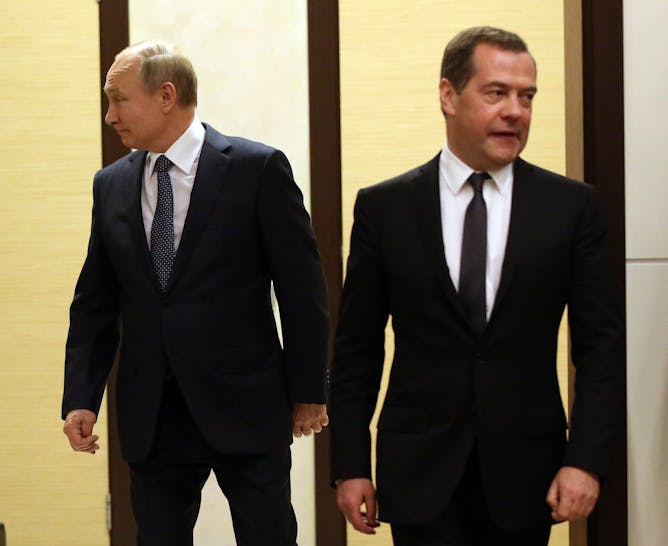
Russian President Vladimir Putin (L) and now-former Prime Minister Dmitry Medvedev (R) in Sochi, Russia, Dec. 7, 2019.
Mikhail Svetlov/Getty Images
Regina Smyth, Indiana University
Russia's cabinet resigned Wednesday, and it looked like an unexpected move. But a Russia scholar says it is part of a plan by leader Vladimir Putin to maintain power after he leaves office.
|
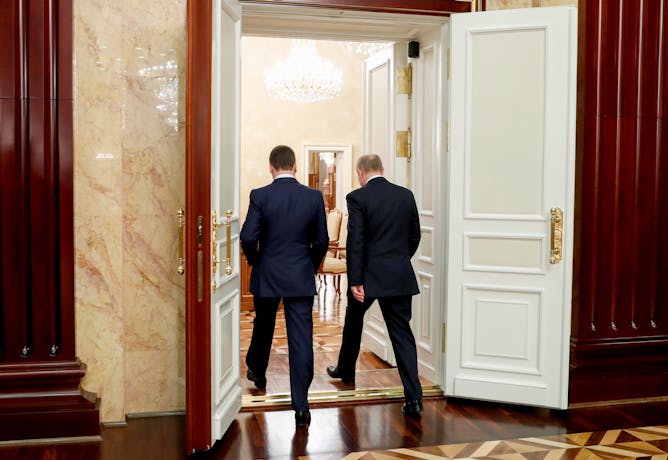
The government in Russia has resigned, and a new Prime Minister (Mikhail Mishustin) appointed.
Dmitry Astakhov/AAP
Graeme Gill, University of Sydney
Putin's proposed changes to the constitution appear to be limiting the power of the presidency. But his sights are set beyond 2024 when he'll no longer be president.
|
Environment + Energy
|
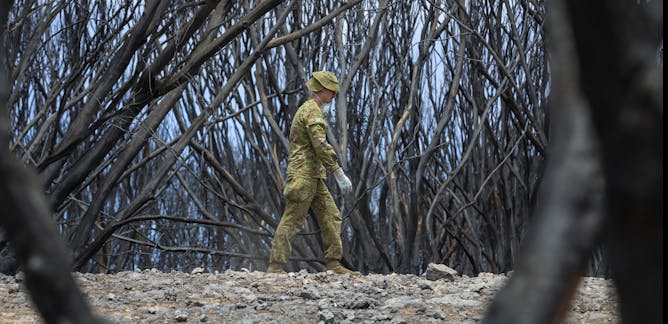
Darren Evans, Newcastle University
The ecological costs of huge, repetitive, high-severity wildfires on ecosystems could be colossal.
| |
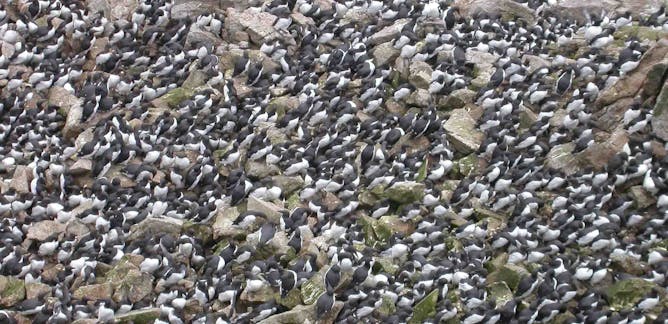
Tim Birkhead, University of Sheffield
As well as a stark warning about climate change, the disaster underlines the importance of wildlife monitoring.
|
|
|
Science + Technology
|

Byron Reeves, Stanford University; Nilam Ram, Pennsylvania State University; Thomas N. Robinson, Stanford University
Most of us spend hours each day glued to some type of screen for work or play. But is that a bad thing? Has anyone got the data to figure it out? Now is the time for 'The Human Screenome Project.'
| |
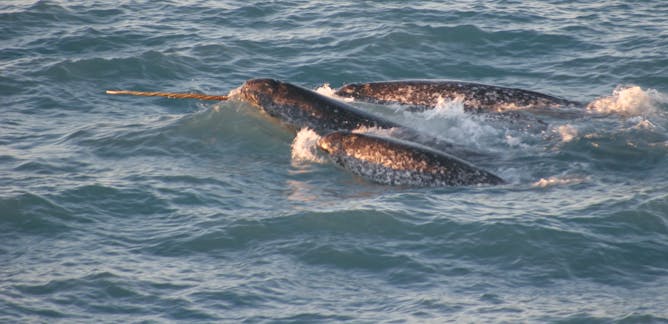
Kristin Laidre, University of Washington
The long tusk of the male narwhal earned these whales their fanciful nickname. But there's more to these Arctic mammals than their unique spiral tooth.
|
|
|
En español
|
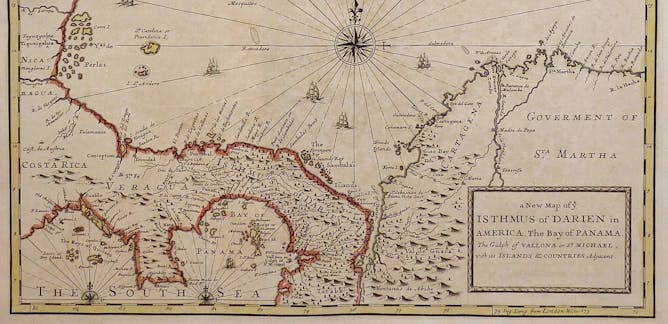
Manuel Peinado Lorca, Universidad de Alcalá
La ministra principal escocesa insiste en reclamará un nuevo referéndum de independencia en 2020. Escocia perdió su independencia hace trescientos años en el Panamá español.
| |
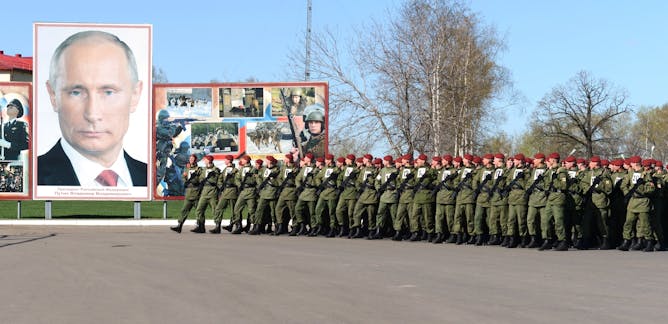
Eszter Wirth, Universidad Pontificia Comillas
El presidente Putin inicia su tercera década al frente de Rusia con una notable pérdida de popularidad y un PIB en descenso, pero todavía no parece dispuesto a tirar la toalla.
|
|
|